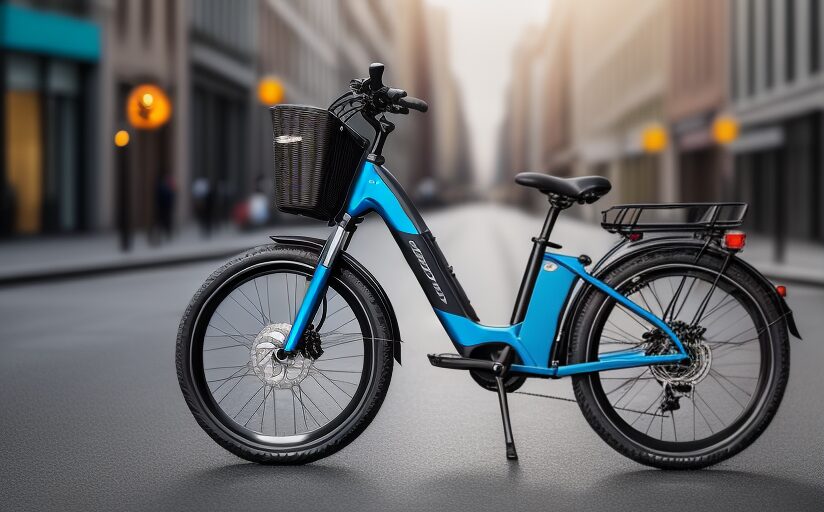
In the electric vehicle (EV) industry, BYD and Tesla continue to dominate the market, with BYD maintaining a 22% share of the plugin vehicle market and Tesla holding a 13.2% share. BYD’s market share growth appears to have peaked, which suggests a healthy competitive balance in the industry, while Tesla’s share has seen a slight decline over the year. Volkswagen Group remains the leader among legacy automakers, securing third place, while Geely–Volvo has shown significant growth, ending the year with a 6.8% market share.
Stellantis and BMW Group are also notable players, with Stellantis aiming to reach a critical level of scale for EV profitability by 2025/26 and BMW Group moving up to seventh place. Hyundai–Kia, on the other hand, has lost market share, dropping to ninth place despite producing highly praised EV models. The absence from the Chinese market is a factor in their performance, which they plan to address in 2024.
When focusing solely on battery electric vehicles (BEVs), Tesla leads with a 19.1% share of the global BEV market, followed by BYD with 16.5%. The competition between these two is expected to intensify, with BYD potentially overtaking Tesla in BEV sales in the near future due to an increase in BEV-heavy exports and new model introductions. SAIC, Volkswagen Group, and Geely–Volvo also remain key players in the BEV market.
Looking into the future, BYD plans to go upmarket with premium brands and expand its international presence, while Tesla’s growth may be slower due to a lack of new models until the introduction of a future compact model. Volkswagen Group’s growth is expected to be modest until the release of new models in 2025. Geely–Volvo is anticipated to surpass Volkswagen Group in sales due to a global presence and a high output of new EVs. SAIC aims to increase its overseas market presence and introduce new EV models.
Overall, the EV market is showing a trend towards increased competition and diversification, with several automakers positioning themselves for significant growth in the coming years.
Key Takeaways:
- BYD led the plugin electric vehicle market in 2023, surpassing Tesla, which suggests a healthy competitive balance in the industry.
- Geely-Volvo experienced significant growth in the electric vehicle sector, positioning itself as a strong competitor for the coming years.
- Despite acclaimed electric vehicle models from Hyundai and Kia, their sales did not meet expectations, partly due to their absence from the Chinese market.
“BYD gained 0.1 percentage point compared to Q3 2023, and a significant 3.6% points compared to a year ago, while Tesla dropped 0.8% compared to Q3 and gained 0.2% compared to 2022. These trends say that BYD has probably already peaked when it comes to market share growth, which is actually healthy for the plugin market, as a balanced and competitive market should not have players with over 20% share.”
More details: here

